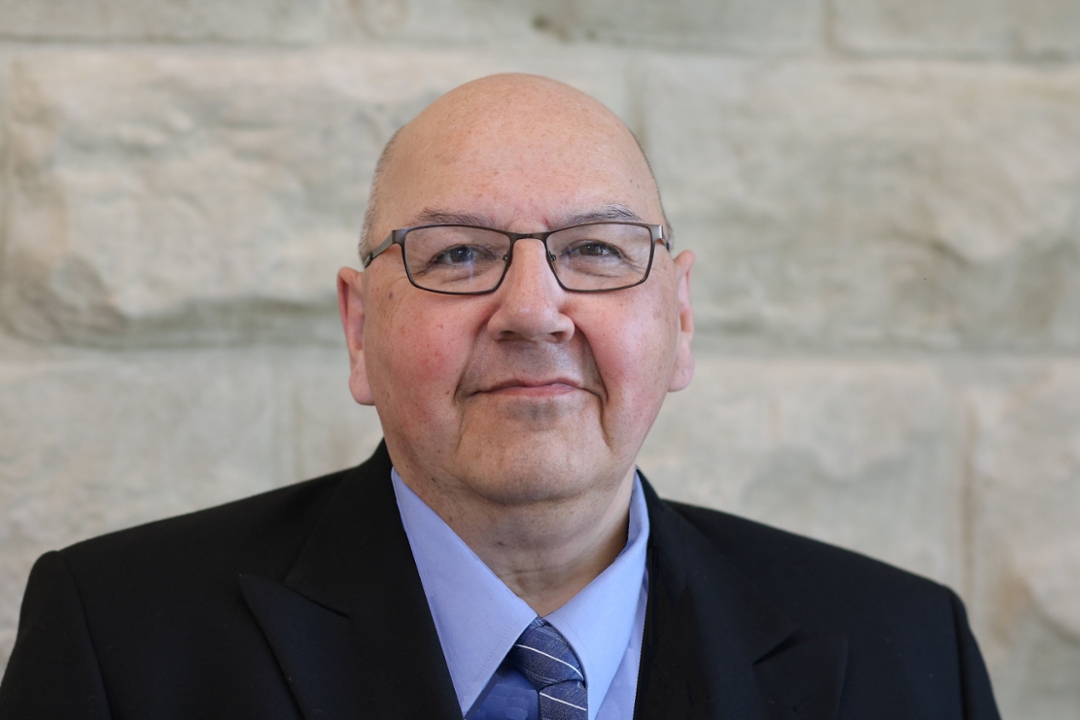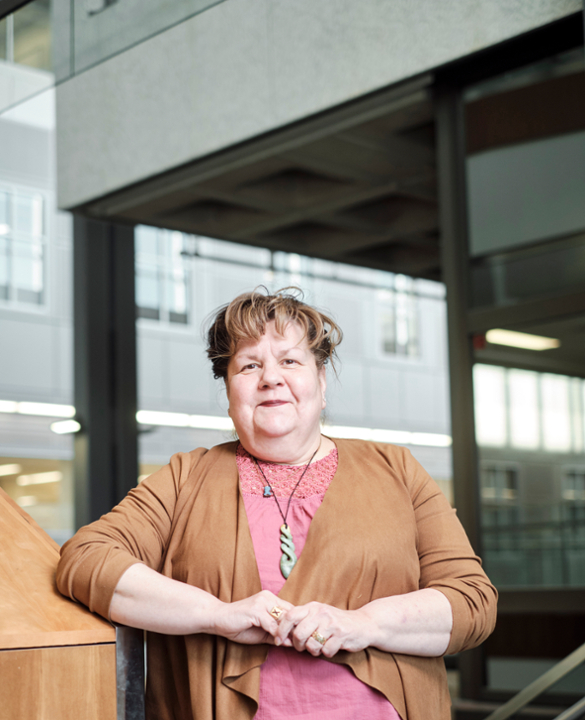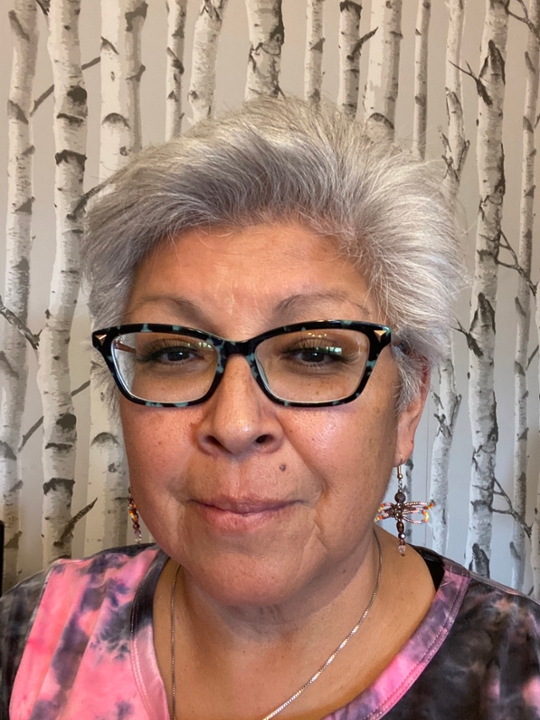
Waniska Centre holds pipe ceremonies to establish relationships with partner organizations
SASKATOON – Newly formed research relationships at the University of Saskatchewan (USask) were honoured and blessed with virtual pipe ceremonies on April 6 and 13, 2021.
By Creeden MartellThe ceremonies celebrated and honoured the relationships established between the waniska Indigenous Centre for HIV, Hepatitis C Virus (HCV) and sexually transmitted blood-borne illness (STBBIs) Inequities, the All Nations Hope Network (ANHN) in Saskatchewan and Ka Ni Kanichihk in Manitoba.
The pipe carrier for the April 6 ceremony commemorating the partnership between USask—where the waniska Centre is based—and ANHN was Diane Kaiswatum. Albert McLeod was pipe carrier for the April 13 ceremony, for the partnership between USask and Ka Ni Kanichihk.

The ceremonies also sought ancestral guidance for waniska—a Cree word which means to wake up or arise—to innovate new approaches to undertaking community-led and Indigenous-resonant ethical health research. For waniska, this includes policies and practices that honour Indigenous ways of knowing, being and doing informing and incorporated into research processes and practices. For example, the pipe ceremony is used to build a relationship as a binding agreement similar to standard USask procedures (e.g. memorandum of understanding) and written agreements.
“Reconciliation is a journey, and we have to be looking at our processes and creating a new ecosystem for how we engage with other organizations in a good way. I’m also grateful that we had senior USask faculty join the ceremonies as that shows their commitment to reconciliation. I’m also grateful for the leadership coming from the Indigenous community,” said Dr. Alexandra King, Cameco Chair in Indigenous Health and Wellness in the College of Medicine, who is the principal investigator for the waniska Centre.

A feast was prepared for those who attended the April 6 ceremony in person. About 20 participants attended virtually. The pipe ceremony has been part of ANHN’s work for more than 15 years, according to Margaret Kisikaw Piyesis, finance and research director for the organization.
“We always ask for ceremony to be completed before we enter into any agreement or work that is a benefit of the people,” Kisikaw Piyesis said. “When we lift the pipe and go into ceremony, we’re told the medicine goes before us and makes the way.”
The ceremony provides protection for those involved, a path forward and ethical guidance from ancestors—not a policy book or manual, she added. The ceremony brings life and direction to agreements and acts as the spiritual foundation for the ANHN, Kisikaw Piyesis explained.
According to Ka Ni Kanichihk’s pipe carrier Albert McLeod, the ceremony is about centring Indigenous history and knowledge in a 21st century context. The practices and beliefs predate colonialism and are demonstrated through teachings, such as an appreciation for the land which provides food and water for survival.
“That is the beginning of research is knowing the ecosystem and weather system in which you live, being humble and realizing you don’t know it all,” McLeod said. “These parts of the ecosystem have been here long before we were and will be long after we’re gone.”

Humility is represented through tobacco as an offering to open doorways to knowledge that people may not have, McLeod said.
Laverne Gervais, ceremonial helper for McLeod, sang four songs with a hand drum, which welcomed everyone involved and called to the spirits of the eagle, wolf and bear for love, humility and courage.
A pipe ceremony will be held for the waniska Elder and Youth Council at a later date, as will an all-inclusive pipe ceremony for all of waniska’s partners.
Ideally, the ceremonies would have involved people coming together in person, but virtual attendance was the safest way to gather due to the ongoing COVID-19 pandemic. It was undertaken with manacihtowin, which means “let us respect each other,” a concept embraced by USask to honour the spirit of the treaties, extending an invitation to work with one another to achieve a goal that benefits everyone, while including more practices and policies that honour Indigenous ways of knowing and doing.
The pipe ceremonies are a recognition of the research relationship and the promise to approach agreements, initiatives and projects in an open, honest, collaborative and overall good way. The collaboration is part of USask’s ongoing efforts to include reconciliatory practices in establishing working and professional relationships between groups.
-30-
For more information, contact:
Sarah MacDonald
Communications Officer
Office of the Cameco Chair in Indigenous Health and Wellness
sarah.macdonald@usask.ca

